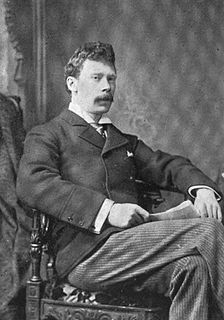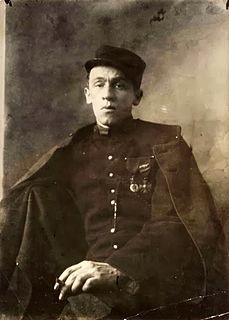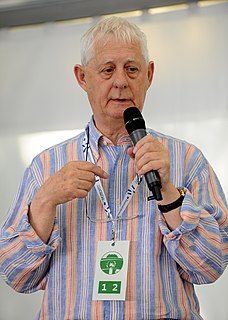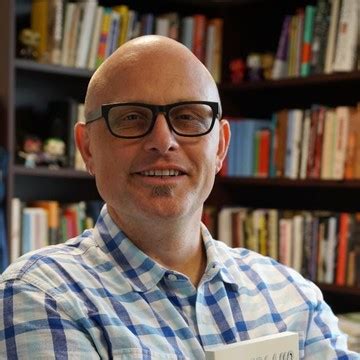A Quote by Kevin Keck
In some sense that was a blessing, because it forced me to focus on prose. I feel my narrative voice in prose is more authentically me because I developed it without ever soliciting the advice of anyone else.
Related Quotes
Certainly for me prose has a dilatory capacity, insofar as I don't trust my abilities in prose. I imagine I could have done the same thing in poetry, but sometimes I feel more fluent in poetry than in prose, and as a consequence perhaps I might pass too quickly by a thing that I might, in prose, have struggled merely to articulate. That struggle creates space, and it seems to me a particular kind of space into which memory flows easily. I suspect I think better in poetry, however.
In high school, in 1956, at the age of sixteen, we were not taught "creative writing." We were taught literature and grammar. So no one ever told me I couldn't write both prose and poetry, and I started out writing all the things I still write: poetry, prose fiction - which took me longer to get published - and non-fiction prose.
I feel like the reason I ended up becoming a playwright is because I never choose the right word. As a kid, my fantasy profession was to be a novelist. But the thing about writing prose - and maybe great prose writers don't feel this way - but I always felt it was about choosing words. I was always like, "I have to choose the perfect word." And then it would kill me, and I would choose the wrong word or I would choose too many perfect words - I wrote really purple prose.
How do I think of you? As someone I want to be with. As someone as young as me, but "older," if that makes sense. As someone I like to look at, not just because you're good to look at, but because just looking at you makes me smile and feel happier. As someone who knows her mind and who I envy for that. As someone who is strong in herself without seeming to need anyone else to help her. As someone who makes me thinks and unsettles me in a way that makes me feel more alive.
Poetry has an indirect way of hinting at things. Poetry is feminine. Prose is masculine. Prose, the very structure of it, is logical; poetry is basically illogical. Prose has to be clear-cut; poetry has to be vague - that's its beauty, its quality. Prose simply says what it says; poetry says many things. Prose is needed in the day-to-day world, in the marketplace. But whenever something of the heart has to be said, prose is always found inadequate - one has to fall back to poetry.
For me a page of good prose is where one hears the rain. A page of good prose is when one hears the noise of battle.... A page of good prose seems to me the most serious dialogue that well-informed and intelligent men and women carry on today in their endeavor to make sure that the fires of this planet burn peaceably.
Of course, there are hundreds of novels and authors that have influenced me. But to choose three, they are: Stephen King/The Stand (and really most of his books); Anne Rice/The Witching Hour; and Pat Conroy/The Prince of Tides. These authors write my favorite kind of book - epic feel, gorgeous prose, unique characters, and a pace that keeps you turning the pages. From them, I learned a lot about characterization, pacing, prose, voice, and originality.
































